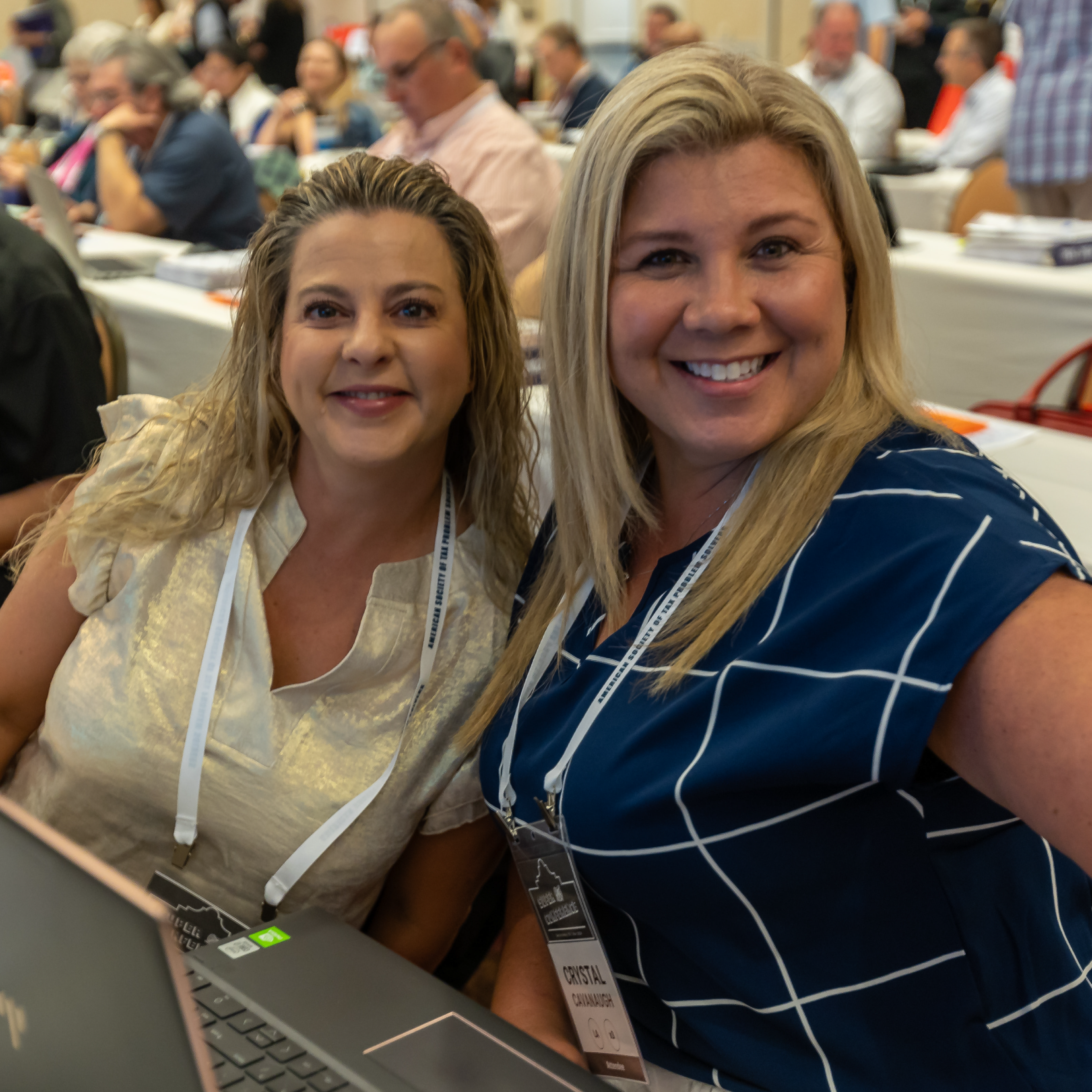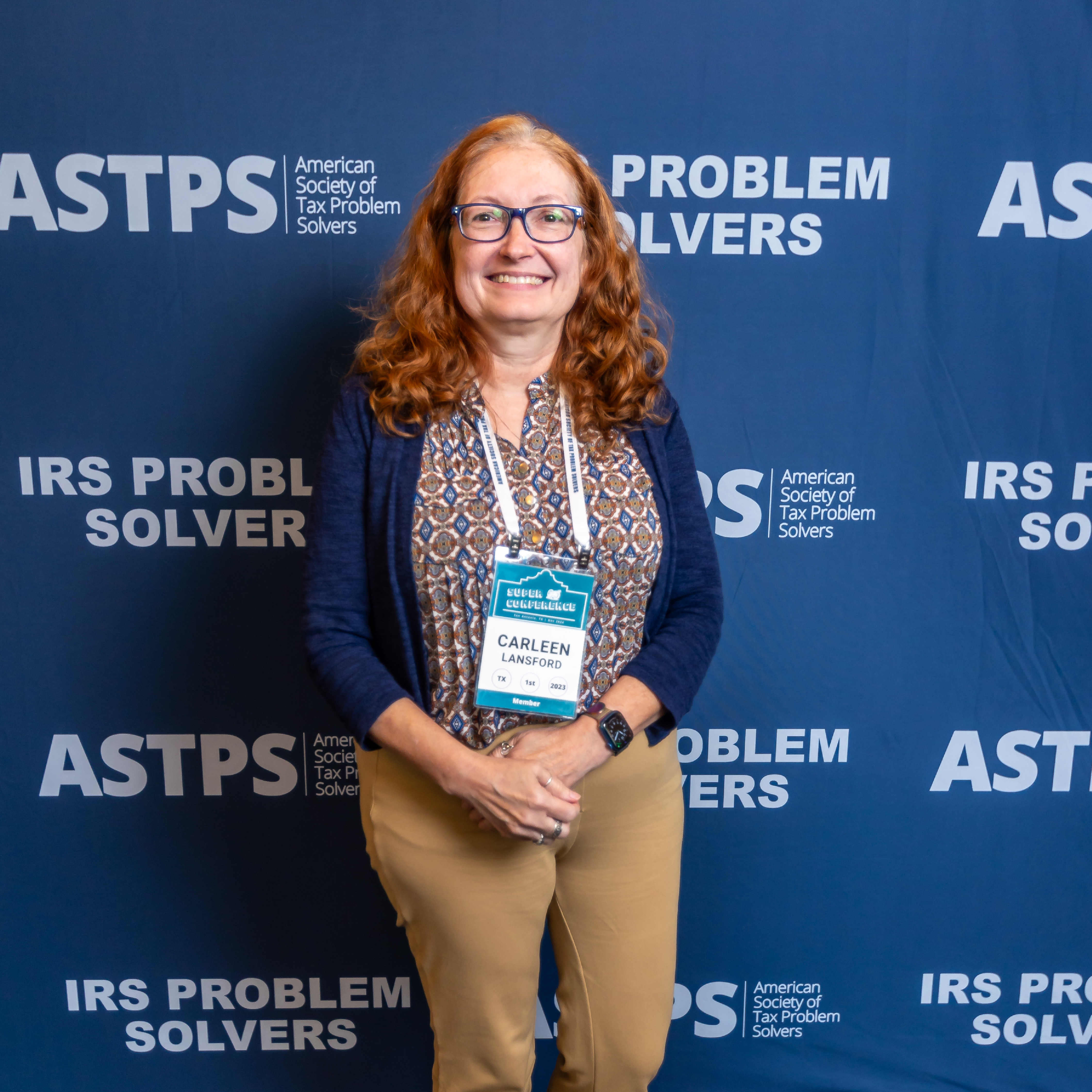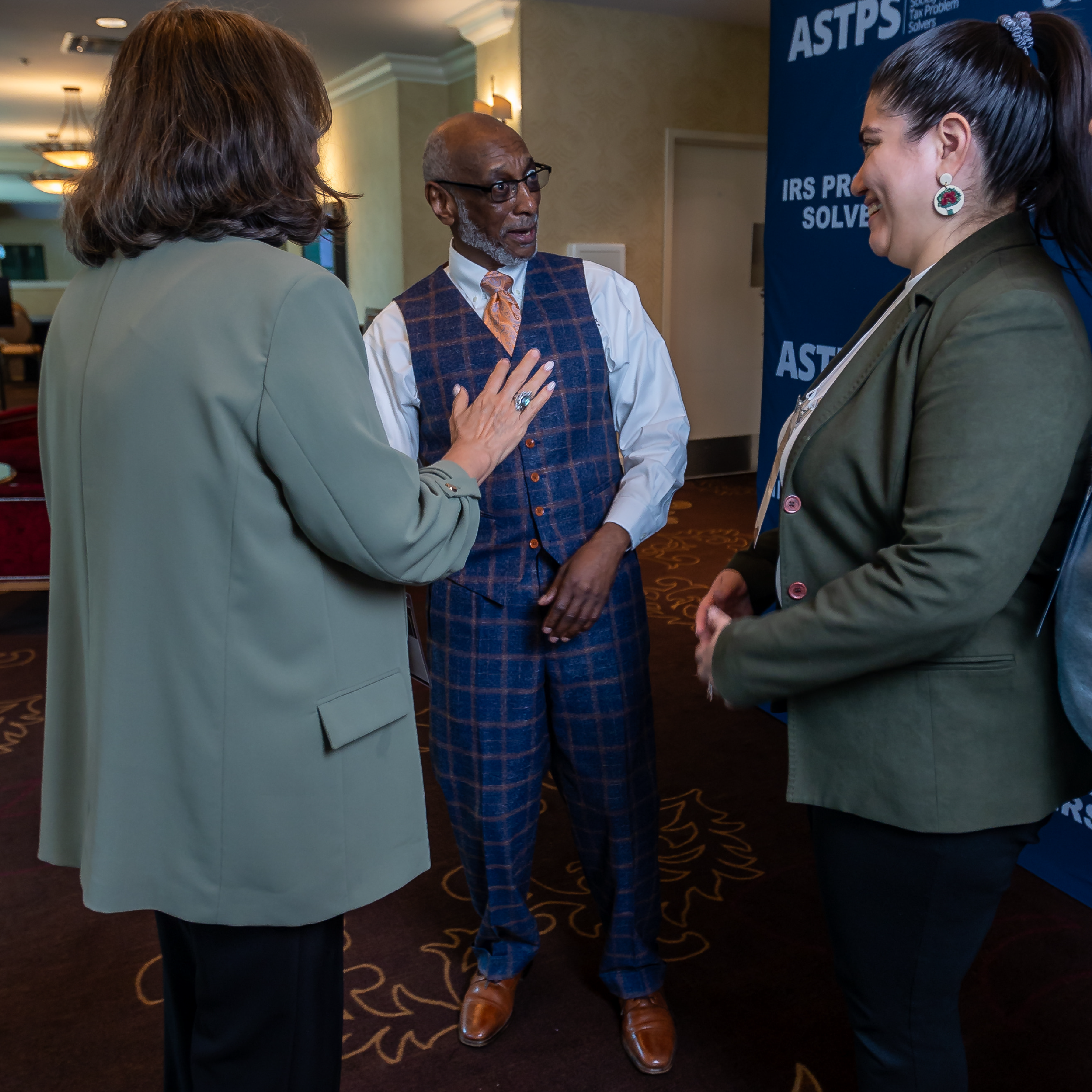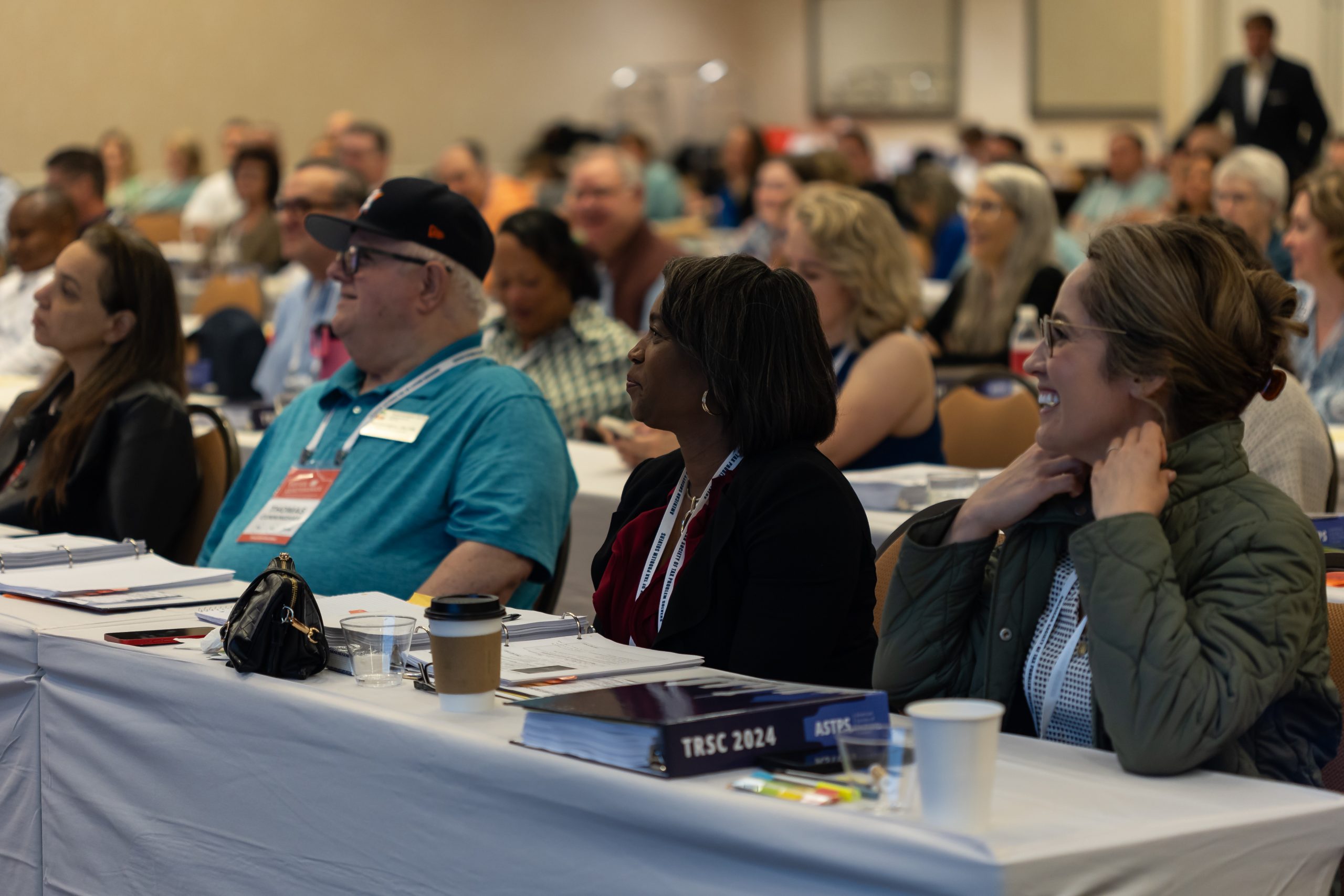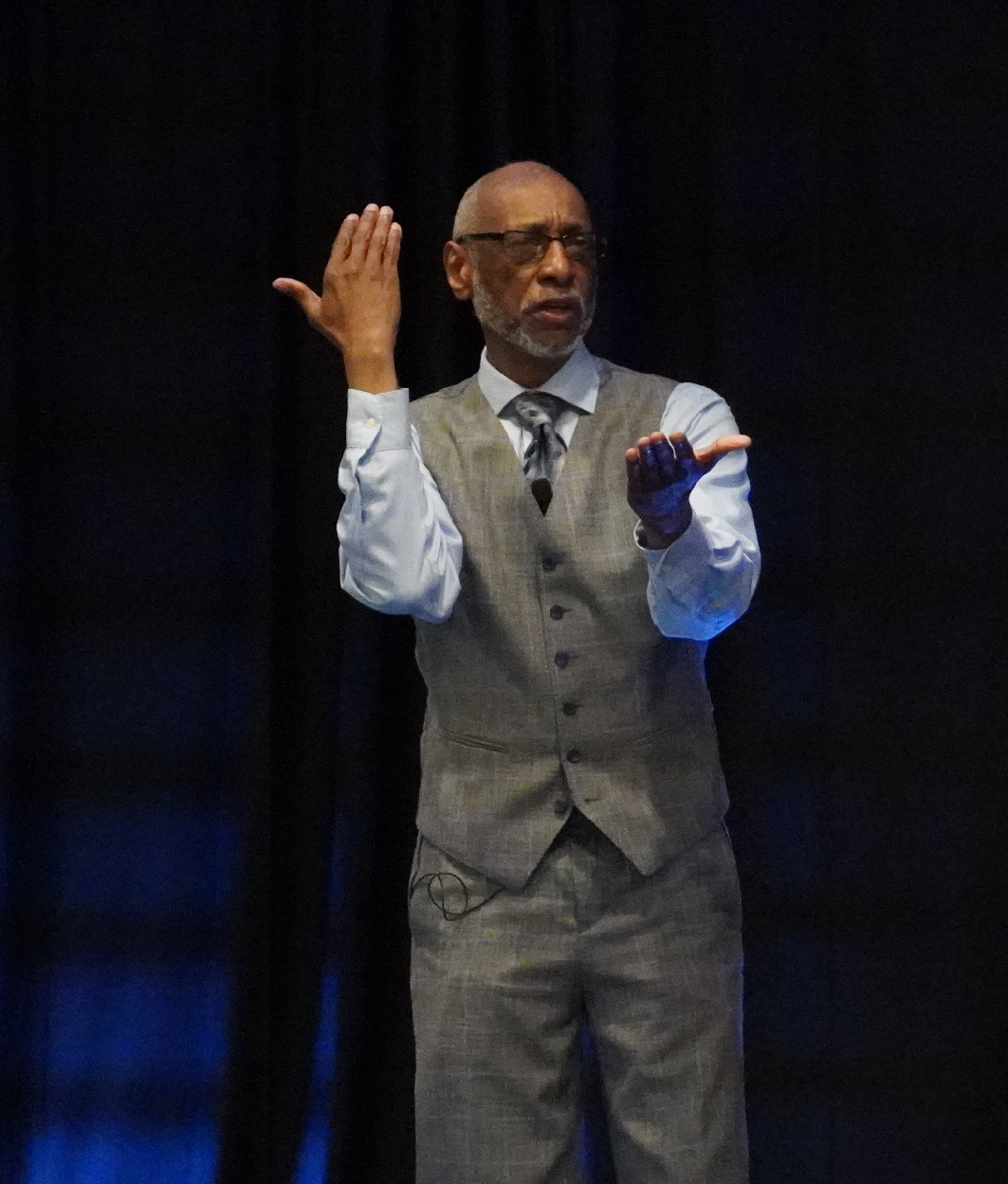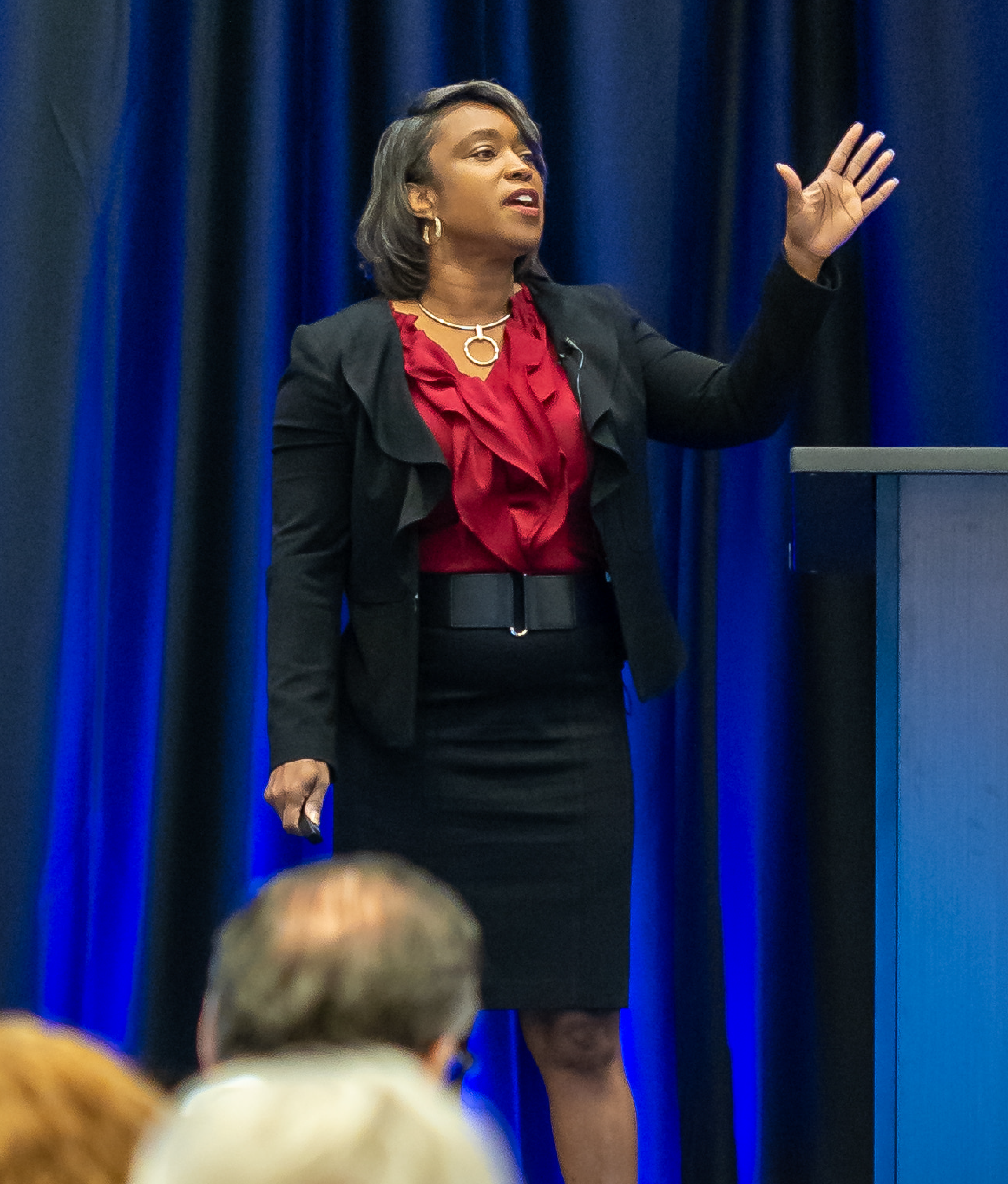We are a community bound by skill and purpose.
This work—standing up for those facing the full weight of the IRS—isn’t a job. It’s a calling.
Behind every case is a person—often confused, overwhelmed, and unheard.
And when they have no one else, we show up.
With clarity. With courage. With compassion.
Yes, the IRS is going through a transition. But so are we.
This moment demands more of us—more knowledge, more conviction, more connection.
That’s why we gather.
To share strategies. To trade insights. To remind each other why we chose this path—and why we stay on it.
This is more than a profession.
It’s a promise we make: to our clients, to each other, and to the values that brought us here.


